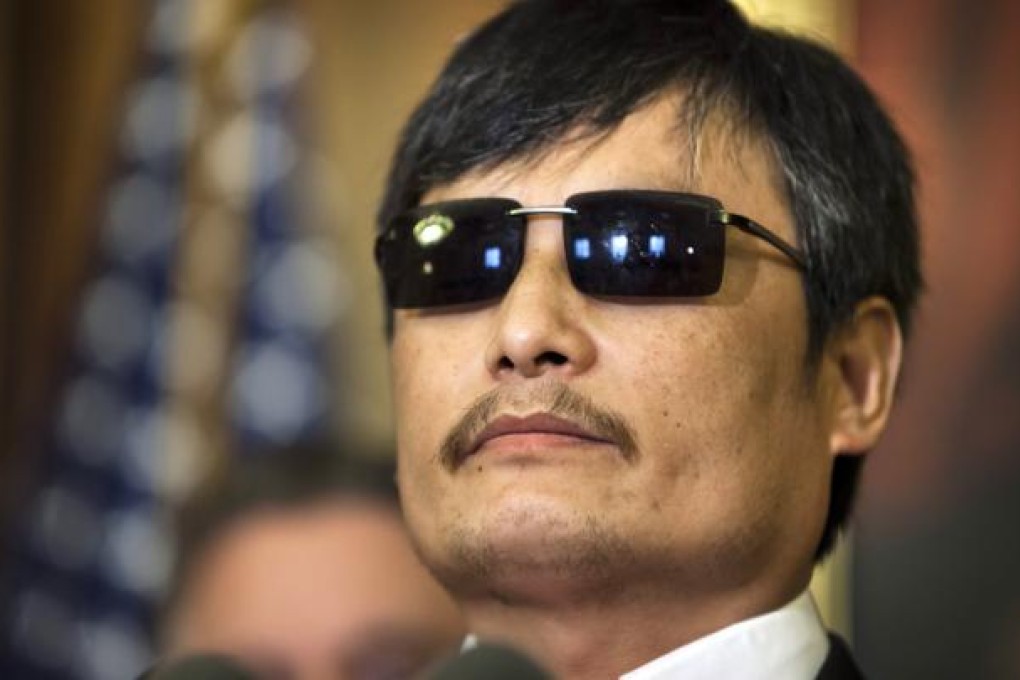Opinion | China's courts need to show way forward
If Xi Jinping's pledge to promote the authority of the constitution is to be respected, rule of law must be seen to be in action to be believed

One key question after the Communist Party's national congress last month is whether the authorities will continue to use the courts as merely a tool for greater control, or allow them to play the role they should as guardians of the rule of law.

The one that attracted the most international attention was the sentencing of Chen Kegui, a nephew of blind activist Chen Guangcheng, to 39 months in jail after a brief, essentially closed-door hearing in Linyi, Shandong. He was originally charged with "intentional homicide" for injuring several armed officials with a knife as they tried to raid his home following his uncle's escape in April. The charge was later reduced to "intentionally inflicting harm" but family members and lawyers argued vehemently that he was only acting in self-defence.
Chen Guangcheng, now in the United States, had called for a fair trial for his nephew for months, but lawyer's appointed by Chen Kegui's father did not succeed in meeting the young defendant. Then, on November 30, Chen Kegui was convicted. His parents - two key witnesses to the clash - were barred from attending the hearing.
The local authorities claimed that Chen was properly represented by two legal aid lawyers from Shandong, but family members said he had never accepted their services.
If the trial of Chen Kegui represents continued ignorance of the law by lower-level courts, or the abuse of the courts by local authorities, the latest twists in the case of Beijing lawyer Li Zhuang may offer some welcome news.
Li was jailed for 2-1/2 years in January 2010 after being convicted of perjury for "coaching" alleged triad boss Gong Gangmo to claim that he only confessed because he was tortured. Li's trial took place against the backdrop of Chongqing's anti-triad campaign, a pet project of fallen party chief Bo Xilai, which saw thousands arrested and hundreds tried for engaging in triad activities and was criticised as showing blatant disregard for due process.